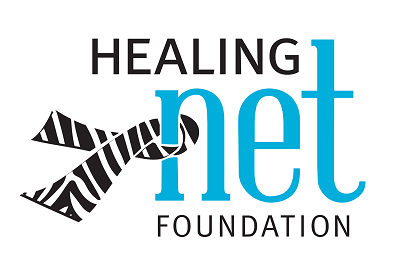Decision-Making Challenges
/While consultations can be extremely helpful, they can also create confusion if your consultants recommend different courses of action. You may feel pressured by loved ones to choose a particular medical intervention. This can lead to tremendous stress and discomfort. Everyone involved needs to respect your decision—a decision based on your goals and what you can tolerate. Having respectful and caring conversations with your loved ones may help them understand your decision and the reasoning behind it. Social workers and therapists can help navigate these conversations if emotions run high.
You may get many suggestions from friends and family. Whether it is finding a clinical trial, taking a dietary supplement or following a special diet, everyone seems to have an opinion. During this difficult time of adjustment to your rare cancer, unsolicited advice can be a drain on your energy. If so, ask a trusted friend or relative to run interference for you. Or redirect the conversation by saying, “What I really need now is...”
The fear and anxiety that can accompany a cancer diagnosis can be very limiting and hard to overcome. Decision fatigue can set in. Consider asking to speak with a social worker or psychologist if you find things overwhelming and need more help.
“Sometimes I find family members are kind of like the arms-length, third-party adjudicator that is needed. They are so key in helping to make some of these tougher decisions. I find that the primary local oncologist and the primary care provider can be really helpful as well.” --Hagen Kennecke, MD, MHA



